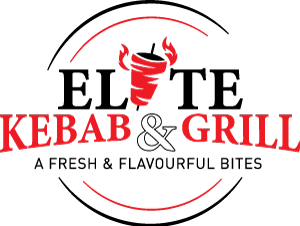The Advancement of Google Search: From Keywords to AI-Powered Answers
The Advancement of Google Search: From Keywords to AI-Powered Answers
Since its 1998 launch, Google Search has metamorphosed from a primitive keyword processor into a powerful, AI-driven answer service. To begin with, Google’s revolution was PageRank, which positioned pages depending on the grade and abundance of inbound links. This redirected the web from keyword stuffing aiming at content that secured trust and citations.
As the internet developed and mobile devices grew, search tendencies transformed. Google implemented universal search to combine results (journalism, imagery, footage) and down the line concentrated on mobile-first indexing to reflect how people in fact search. Voice queries via Google Now and following that Google Assistant propelled the system to comprehend casual, context-rich questions in place of terse keyword groups.
The future progression was machine learning. With RankBrain, Google set out to decoding prior unfamiliar queries and user goal. BERT progressed this by understanding the nuance of natural language—relational terms, framework, and connections between words—so results more reliably met what people were asking, not just what they typed. MUM widened understanding throughout languages and forms, making possible the engine to relate related ideas and media types in more nuanced ways.
Today, generative AI is reimagining the results page. Innovations like AI Overviews consolidate information from assorted sources to furnish concise, circumstantial answers, regularly including citations and forward-moving suggestions. This curtails the need to follow numerous links to create an understanding, while still guiding users to more profound resources when they desire to explore.
For users, this transformation signifies more expeditious, more precise answers. For professionals and businesses, it recognizes quality, innovation, and lucidity as opposed to shortcuts. Prospectively, forecast search to become steadily multimodal—seamlessly mixing text, images, and video—and more customized, tailoring to desires and tasks. The progression from keywords to AI-powered answers is truly about evolving search from finding pages to producing outcomes.

